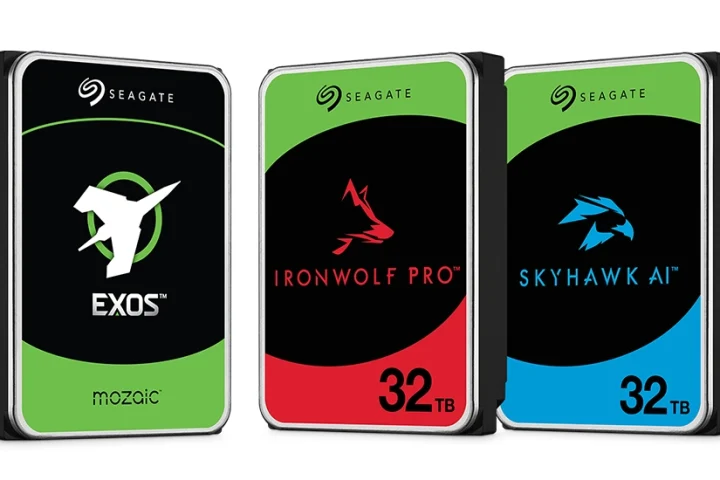When purchasing a strategic software solution such as a new enterprise resource planning
solution, making the right decision is vital. Many organisations wrongly assume that when it comes to ERP, the old adage of ‘one-size-fits-all’ holds true. This couldn’t be further from the truth, particularly for enterprises operating in the manufacturing and services sectors where an ERP system that is customised to meet the organisations’ specific business requirements is vital to operational efficiency and ultimately growth.
Assess functionality needs
Start by evaluating the business challenges and individual pain points that you need to address and determine the business value your organisation needs to extract from the software. What problems should it solve, or what opportunities should it create for your business? For a CEO, you might be focusing on growing revenue from existing customers, attracting new customers, or supporting your move to a new market. For a COO or factory floor manager, you might be challenged with improving throughput on the factory floor, reducing inventory levels, or coordinating supply and demand to prevent stock shortages. At a very early stage of your decision-making process, you will want to compile a list of cross-functional requirements to use to reach out to software vendors that have solutions that match these requirements.
Have an open dialogue with software vendors
The opening stages of making any software decision should involve an open and honest discussion with the software vendor about your organisation’s business ambitions. This is where vendors show their strengths as a true partner–suggesting the options that will best accommodate the company’s overall business strategy.
Understand the end game, not just cost of ownership
New software requires a considerable business investment, however, it’s important to measure ROI, not just cost. Consider the up-front purchase budget alongside other key considerations such as the benefits the organisation can expect to gain from that software, as well as the long-term maintenance costs.
Assess ability to support the new software
Many software vendors include support and upgrades in their sales package but make sure the vendor is prepared to provide the level of service needed. Having this information and working with a vendor that understands the needs of the organisation will help when deciding what software/support bundle is best suited for your company.
Research the software vendor
Reputable software vendors will consult with the company on different options available and offer honest opinions on how to use technology to improve the business. This is especially important when purchasing an ERP solution, which is a whole package, not just one small element of a business’s technology.
ERP solution features
- Industry-specific – Make sure that the solution you choose has been built to cater to the needs of your specific industry and has the track record to prove it.
- Scalability – An ERP system built on scalable architecture will help you manage growth.
- Functionality – An ERP system must be fast, reliable and easy to integrate with your other systems
- Deployment options – On-premises, private-cloud, public-cloud or hybrid deployment options combined with mobile access for your employees ensures that your organisation will remain flexible and responsive
- Ease of use – An ERP system with an intuitive user interface will increase employee satisfaction and productivity
An ERP system can serve as the backbone of your business, it can improve visibility and transparency across departments, streamline operations, speed up time to market, support change management initiatives and aid decision making and give your enterprises the competitive advantage it needs to grow.



















